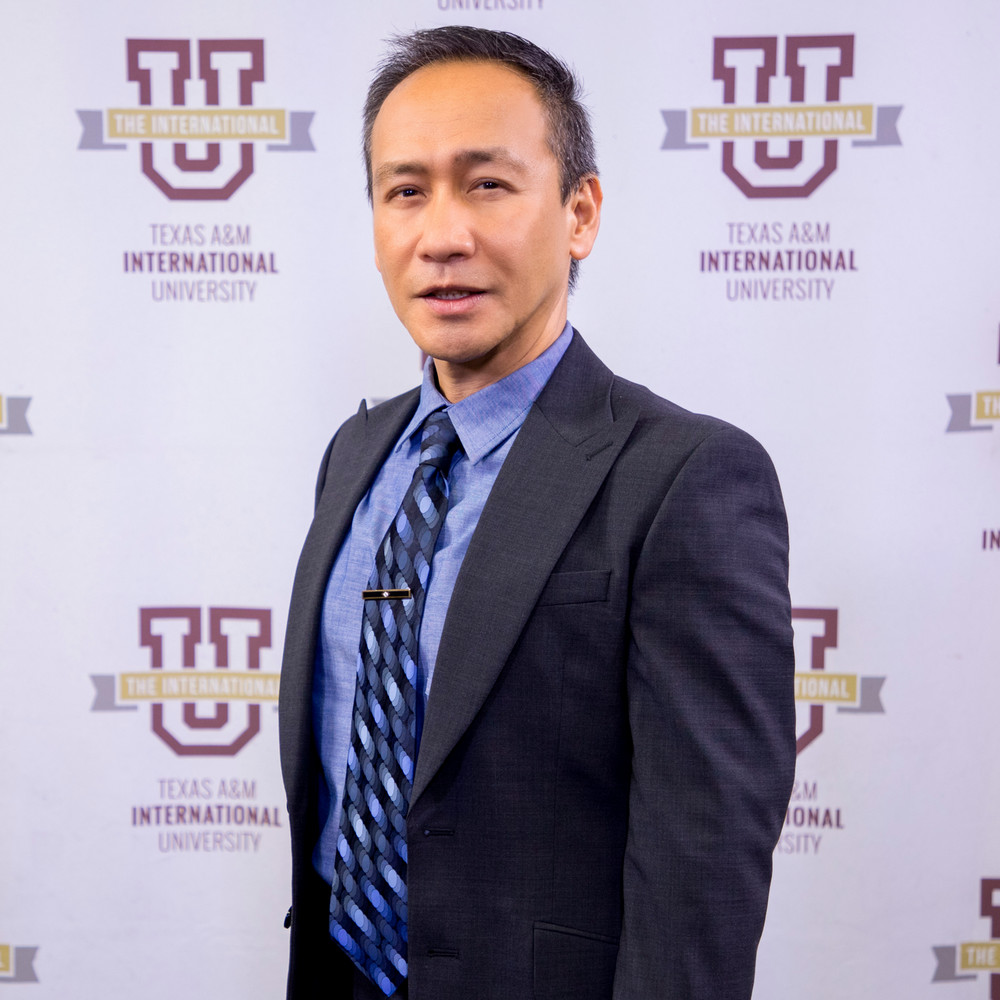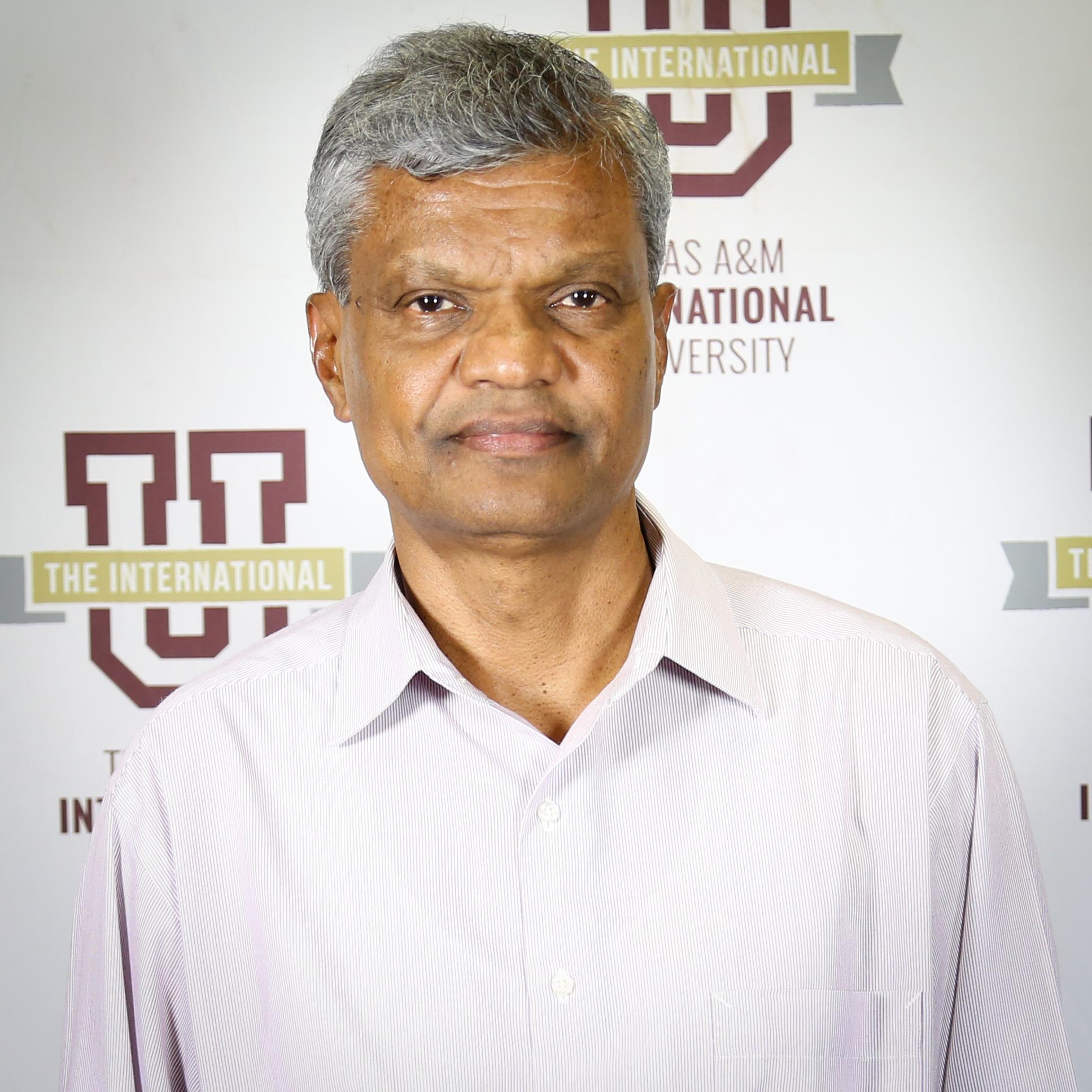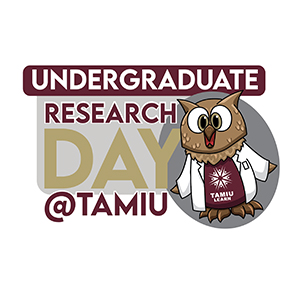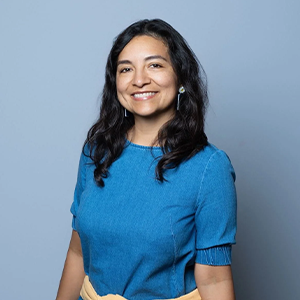At the Convergence of A.I., Innovation, Education: Dr. Marcus Ynalvez Takes Helm as TAMIU COAS Dean

This Fall, Texas A&M International University (TAMIU) welcomes students and faculty with new leadership faces, including three recently appointed deans. Among them is Dr. Marcus Antonius Ynalvez, who will serve as the new Dean of the College of Arts and Sciences, the largest of TAMIU's Colleges and Schools.
Dr. Ynalvez's appointment marks a new chapter for the University's largest academic unit, led by a scholar whose global journey has been grounded in rigorous inquiry, teaching excellence, and a lifelong dedication to creating positive social transformation.
Dr. Ynalvez's academic journey began at the University of the Philippines at Los Baños (UPLB), where he earned degrees in Statistics and Sociology.
"UPLB's rigorous quantitative training and its commitment to applied social science laid the foundation for my lifelong interest in the intersection of empirical analysis and social transformation," he said.
He began his professional journey at the UPLB Computer Center, later joining the International Rice Research Institute's (IRRI) Biometrics Unit and the Asian Development Bank's (ADB) Economics and Statistics Division. While at IRRI, he led statistical training across several Asian countries including Bangladesh, Cambodia, Myanmar, the Philippines and Thailand. At ADB he represented the Bank at the General Data Dissemination System Forum at the International Monetary Fund's regional center in Singapore, and maintained the loan, financial, and macroeconomic data for several ADB member countries such as Indonesia, Republic of China (Taiwan), Tuvalu and Vanuatu.
"These formative roles collectively enriched my understanding of both the technical and policy dimensions of regional development, laying the groundwork for my continued engagement in research and international collaboration," he said.
Ynalvez earned his Ph.D. in Sociology from Louisiana State University (LSU) with a focus on the Sociology of Science, where his National Science Foundation (NSF)-funded dissertation examined the globalization of scientific communities in the Philippines.
"It was at LSU that I experienced my 'Aha' moment, realizing that science and technology are not merely technical domains but deeply embedded in social networks, institutional structures, and cultural contexts," he said.
At the University of Michigan's Institute for Social Research, he received specialized training in various statistical modeling and analysis, and machine learning for the Social Sciences.
“Methodological rigor, interdisciplinary collaboration, and publicly engaged scholarship have fueled my career,” Ynalvez said, “My research, supported by external funding from agencies such as the NSF, has explored the sociology of science, mentoring practices, and social inequality.”
He has served as panelist and reviewer for NSF and NSF-NIH (National Institutes of Health) programs, including SciSIP-Biomedical (SOC:DCI-Bio) and NSF Committee of Visitors.
“These roles have provided an international perspective on research policy and innovation ecosystems, which I bring to my professional work at TAMIU,” he said.
He said he is also deeply committed to mentoring students and junior scholars, particularly those from underrepresented backgrounds, and to building institutional capacity for research and academic excellence.
At TAMIU, Ynalvez underscores the importance of the international component reflected in the University's name.
“The ‘International' in TAMIU is not merely symbolic. It is a guiding principle,” he said, “My research and teaching have taken me across East Asia, Southeast Asia, and the United States, and I have led study and research abroad programs that reflect this commitment. My NSF-funded work, including my dissertation, has examined doctoral training and scientific collaboration in Japan, Singapore, Taiwan, and the Philippines, and I have collaborated with scholars across continents.
“This global perspective informs my belief that international engagement is essential to a 21st-Century liberal arts education,” he said.
Ynalvez's research focuses on Sociology of Science and Science Education, particularly mentoring, professional networks, scientific cultures and institutional contexts shaping research productivity.
He has led and co-led NSF projects on STEM persistence among Hispanic students and the transmission of tacit knowledge in doctoral science training and has published in journals such as Asia-Pacific Social Science Review, Research Policy, Scientometrics, and International Sociology.
Looking ahead, Ynalvez said the College must strengthen research infrastructure, support faculty in securing external funding, expand interdisciplinary programs that align with workforce readiness and needs and enhance student success initiatives for first-generation and underrepresented students.
He plans to cultivate a research-intensive culture within the College through faculty development, lecture series and collaborative research clusters such as the College's scientific research teams, instruction and education teams, work groups, and flagship projects.
The College's disciplinary breadth, outstanding faculty, and student-center philosophy position it strongly for innovation, he said.
“We are leveraging these assets to develop new degree and certificate programs in Mathematical Sciences (such as Data Science, Applied Statistics, and Computer Science), Engineering Sciences (including Systems Engineering, Civil Engineering), the Arts (such as Digital Arts), and Humanities (including Digital Humanities and Humanities-based Artificial Intelligence, A.I.),” he said.
He explained, “These initiatives are informed by labor market trends, community needs, and emerging fields of inquiry. Through cross-departmental collaboration and external partnerships, we are creating programs that are both academically rigorous and socially responsive, and that infuse marketable skills. My experience in building Texas Higher Education Coordinating Board (THECB)-approved degree proposals and securing federal research grants enables me to guide these efforts strategically.”
Dr. Ynalvez is leading the College toward innovation with a clear vision, which is to create programs that are relevant, sustainable and impactful, guided by strategic planning, faculty expertise, student demand, and regional and national workforce analysis.
Future programs under development include certifications in Applied Statistics and Agricultural Specialization, as well as Ph.D. programs in Data Science and a Bachelor of Arts in Digital Art.
Advanced degrees in Mathematical, Engineering, Computational Sciences, and Digital Humanities, as well as interdisciplinary certificates in A.I. and Society and Quantitative Social Research are also in development, he explained.
Industry partners, alumni, and community stakeholders are also consulted to ensure that new offerings are not only academically rigorous but also responsive to real-world needs, Ynalvez explained.
When asked whether artificial intelligence (A.I.) and other generative technology are friend of foe to higher education, Ynalvez said it is a sociotechnical reality that demands critical engagement.
“In higher education, A.I. offers opportunities to enhance learning, streamline administrative processes, and expand access to knowledge,” he said, “However, it also raises profound questions about academic integrity, epistemic authority, and the nature of human creativity.”
The unique, critical, and transformative insights that come from human inquiry and imagination are what Ynalvez refers to as "synthesized knowledge," whereas "permuted knowledge" refers to the recombination of existing information by generative A.I. According to him, A.I. can help with the latter but not necessarily with the former as this requires deep imagination and not complex permutation.
“As educators and as an academic community, we must approach A.I. with both openness and discernment, ensuring that its use aligns with our pedagogical goals, ethical standards, and disciplinary values,” he said, “We must also prepare students not only to use A.I. tools responsibly but to interrogate their assumptions, architectures, and social implications critically.”
Looking ahead, Ynalvez said there are a few essential elements needed to secure the College's future.
“Sustained investment in faculty development and research and educational infrastructure is critical,” he said, “Curricular innovation that anticipates technological and societal shifts must be a priority. We need robust student support systems that promote retention and success, and an inclusive, collaborative culture that values merit-based performance, quality, excellence, ethicality and integrity.
He highlighted the importance of strategic partnerships with academia, industry, government and global institutions.”
“We must also continue to position the College as a hub of high-quality education and research excellence, leveraging our externally funded projects, national review roles, and interdisciplinary expertise to shape the future of higher education,” Ynalvez said.
Beyond academia, Ynalvez enjoys reading historical biographies and listening to speeches that promote reflection and renewal.
“I prioritize maintaining balance and well-being through various hobbies,” he said, “I practice yoga, which provides both physical vitality and mental clarity, and I regularly attend Orange Theory Fitness classes for invigorating cardio and aerobic workouts. These activities not only support my health but also cultivate discipline and a sense of renewal that enriches all areas of my life.”
He said he also finds great fulfillment in mentoring students and early-career scholars.
“While related to academia, mentoring is deeply personal and rewarding,” he said, “My favorite sports are baseball and tennis.”
Ynalvez shared advice for TAMIU students.
“Your education is more than a series of classes,” he said, “It is a transformative journey. Embrace it with curiosity, integrity, and purpose. Be intellectually adventurous, ethically grounded, and socially engaged. Seek mentors who challenge and uplift you. Question assumptions. And never underestimate your power to make a meaningful impact, in your community and across the globe. Demand high expectations from professors and mentors because these are what make students level up in abilities and in performance. Otherwise, students gravitate toward mediocrity.”
He said professors, teachers, and mentors will challenge students, not to burden them, but to elevate them.
“Excellence is not a destination,” he said, “It is a habit. Rise to the challenge and never settle for mediocrity.”
As Dean, Ynalvez said he feels honored to lead the College at this pivotal time.
“Our College stands at the confluence of tradition and innovation, local relevance and global engagement,” he said, “I look forward to working collaboratively with faculty, staff, students, and community partners to advance our shared mission of excellence in teaching, research, and service.”
For more on the TAMIU College of Arts and Science's story, visit www.tamiu.edu/coas or follow TAMIU social media channels on Facebook, Instagram, LinkedIn, YouTube, and X.



